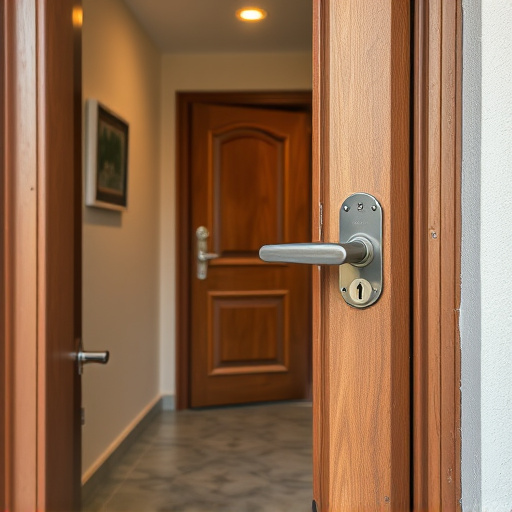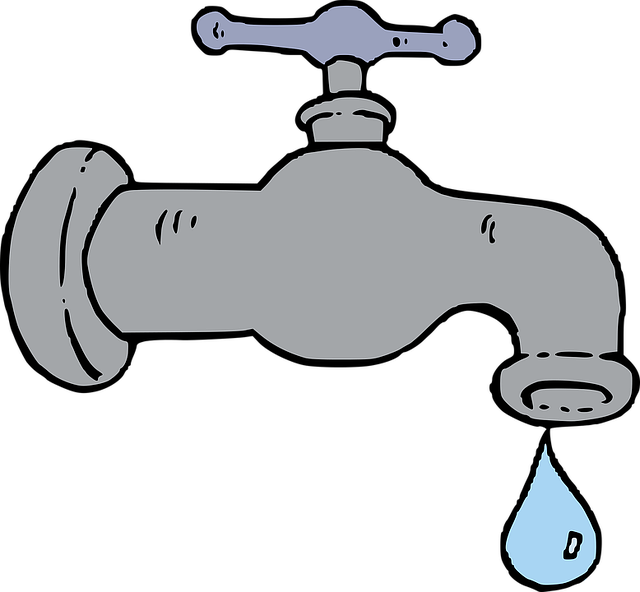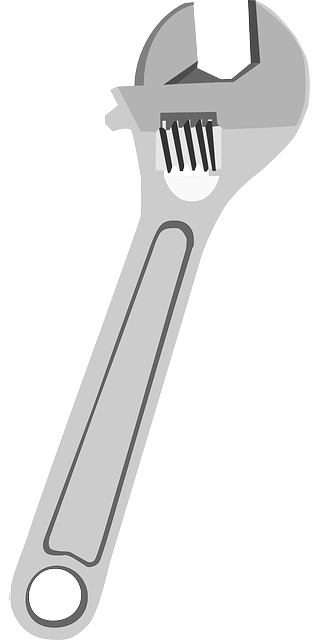Water filters are crucial for maintaining clean, safe drinking water and optimal water pressure in homes and offices. Regular replacement (every 3-6 months) is essential due to clogging by sediment, minerals, and contaminants. Ignoring replacement leads to reduced water pressure, impaired taste/odor, and inefficient filtration. Choosing the right filters for specific water issues ensures peak performance, while consistent maintenance prevents system buildup, prolongs filter lifespan, and promotes environmental sustainability.
Staying on top of your home’s water filter replacements is essential for maintaining optimal water quality and pressure. Old or outdated filters can negatively impact both, potentially leading to reduced flow rates and contaminated water. This comprehensive guide dives into the significance of regular filter changes, covering topics from understanding filter functionality to choosing the right replacements and maintaining a consistent schedule. By the end, you’ll be equipped with the knowledge needed to ensure your home’s water remains pure and at its highest pressure.
- Understanding Water Filters and Their Functionality
- The Impact of Old Filters on Water Quality and Pressure
- How Often Should You Replace Your Water Filters?
- Identifying Signs That Indicate Filter Replacement
- Choosing the Right Replacement Filters for Optimal Performance
- Maintaining a Consistent Replacement Schedule for Long-Lasting Efficiency
Understanding Water Filters and Their Functionality
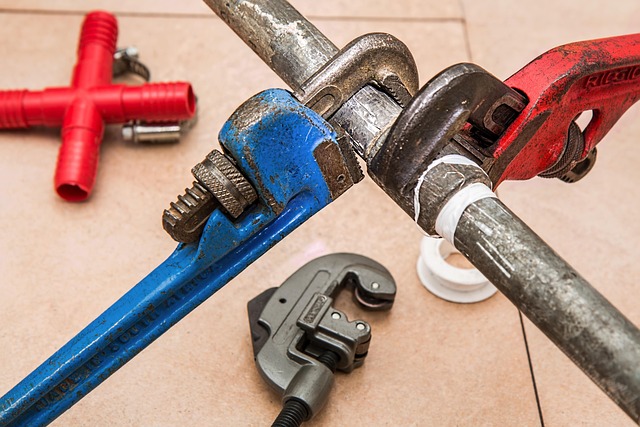
Water filters play a vital role in maintaining optimal water quality, ensuring that the water we use is safe and clean. These devices are designed to remove impurities, contaminants, and pollutants from our drinking water supply, improving both taste and health benefits. Understanding how water filters work and their overall functionality is key to recognizing the importance of regular replacement.
The primary function of a water filter is to enhance water pressure by trapping particles that can reduce or block the flow of water. Over time, these filters become less effective as they accumulate debris and bacteria. Regular replacement ensures that your water remains pure, ensuring a consistent supply of clean water for daily use. By keeping up with filter changes, you can maintain the integrity of your water purification system, guaranteeing that every glass of water is safe and fresh.
The Impact of Old Filters on Water Quality and Pressure
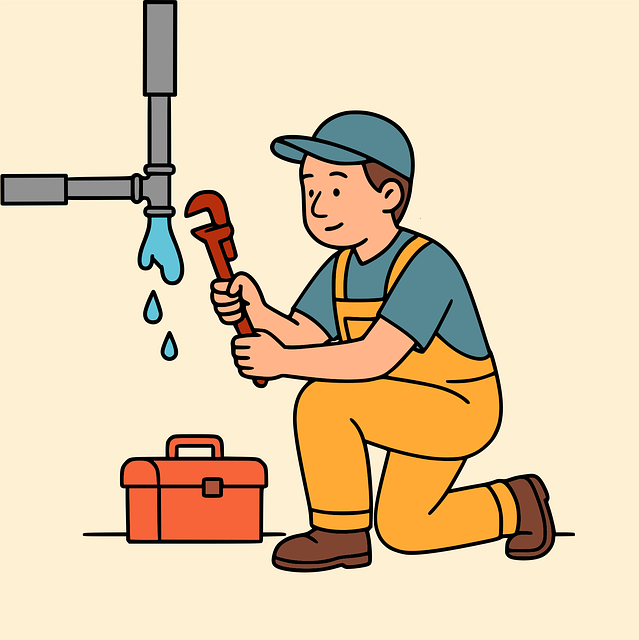
Old or dirty water filters can significantly impact your home’s water quality and pressure. As filters become clogged with sediment, minerals, and other contaminants, they lose their effectiveness in removing impurities from incoming water. This not only reduces the overall quality of your drinking water but can also affect the taste and odor.
Moreover, when filters are no longer able to function optimally, they can restrict water flow, leading to decreased water pressure throughout your home. Reduced water pressure can cause inconvenience, such as weak shower streams, slow filling of sinks, and potential issues with plumbing appliances that require a consistent supply of pressurized water. Regular replacement of water filters is essential to maintain optimal water pressure and ensure you have access to clean, safe water at all times.
How Often Should You Replace Your Water Filters?
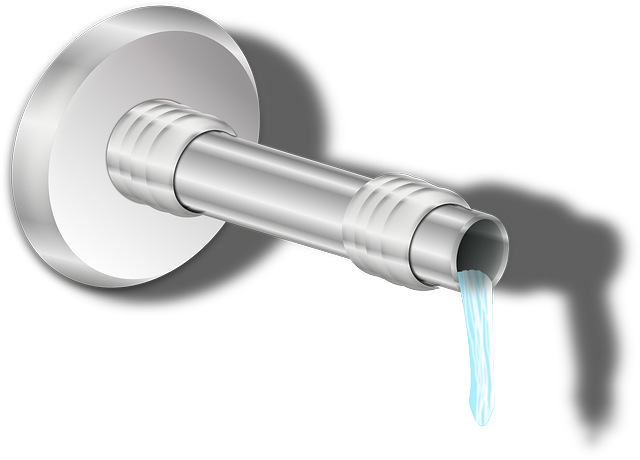
Water filters are an essential part of maintaining clean and safe drinking water at home. However, their effectiveness diminishes over time as they become clogged with impurities and sediment, which can negatively impact your water pressure. As a general rule, it’s recommended to replace water filters every 3 to 6 months, depending on the type of filter and your local water conditions.
Regular replacement ensures that your filters continue to work optimally, removing contaminants effectively. Neglecting timely replacements may lead to reduced flow rates and increased strain on your plumbing system. Additionally, some advanced filters, like carbon or reverse osmosis systems, might require more frequent changes for optimal performance and to prevent bacterial growth. Always follow the manufacturer’s guidelines and consider local water quality reports to determine the best replacement schedule for your specific needs.
Identifying Signs That Indicate Filter Replacement

Over time, even the cleanest water filters can become clogged and less effective, which can significantly impact your home’s water quality. Recognizing the signs that your filter needs replacement is crucial for maintaining optimal water pressure and ensuring the removal of contaminants. One of the primary indicators is a noticeable decrease in water pressure from your faucets or appliances. This occurs as the filter becomes blocked, restricting the flow of water. You may also notice strange tastes or odors in your water, which could be an early warning sign that your filter has reached the end of its lifespan.
Another subtle yet significant clue is the frequency of backwashing or rinsing cycles in your filtration system. If these cycles increase unexpectedly, it might suggest that the filter is accumulating more impurities than usual, calling for a replacement. Regular monitoring of these signs can help you stay proactive about water filter maintenance and guarantee that your home always has access to clean, safe water.
Choosing the Right Replacement Filters for Optimal Performance
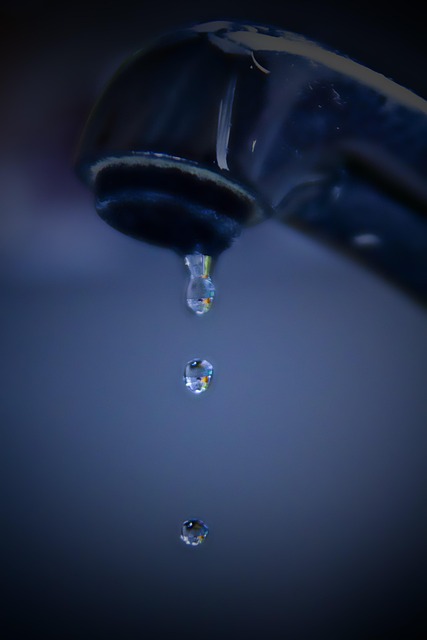
Choosing the right replacement filters is paramount for maintaining optimal water pressure and ensuring your filtration system works at its peak performance. Different types of filters cater to various needs, from removing chlorine and sediment to reducing lead and other contaminants. It’s crucial to understand your specific water issues before selecting a filter. For instance, if you have hard water with high mineral content, an ion exchange resin filter can effectively soften the water by replacing calcium and magnesium ions with sulfur or sodium ions. On the other hand, for removing bacteria and viruses, an ultrafilter or reverse osmosis system is more suitable.
When shopping for replacement filters, consider factors like flow rate, which indicates how quickly clean water can pass through the filter, and capacity, measuring how much contaminants a filter can remove before needing to be replaced. Additionally, check compatibility with your existing filtration system to ensure seamless integration and uninterrupted water supply. Regularly replacing filters not only maintains water pressure but also guarantees that your drinking water remains pure and safe.
Maintaining a Consistent Replacement Schedule for Long-Lasting Efficiency

Maintaining a consistent replacement schedule for your water filters is key to preserving optimal water pressure and ensuring long-lasting efficiency. Regular filtration system maintenance prevents buildup, which can clog pipes and reduce the overall flow rate of water in your home or office. By adhering to recommended replacement intervals, you safeguard against these issues and guarantee that your filtered water stays at its purest and most consistent.
Consistent replacements also protect your investment in quality filters by prolonging their lifespan. This means less frequent purchases and lower long-term costs for you. Moreover, regular filter changes contribute to environmental sustainability by minimizing waste from discarded filters and reducing the need for frequent system repairs due to clogged or inefficient components.
